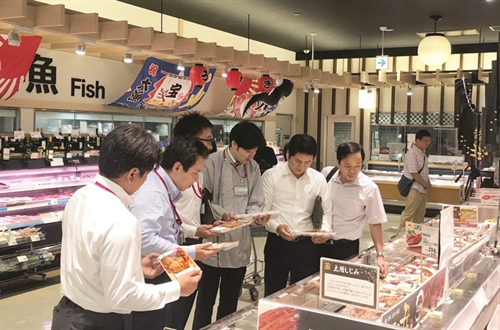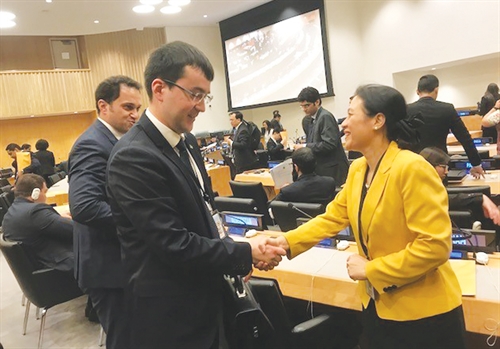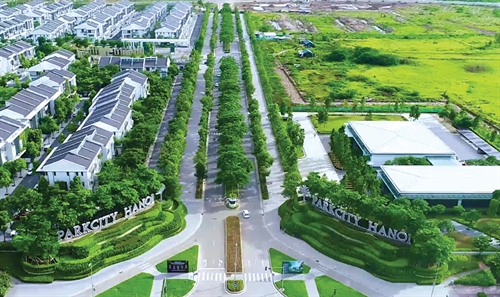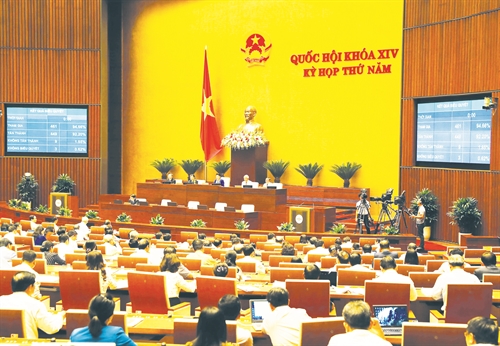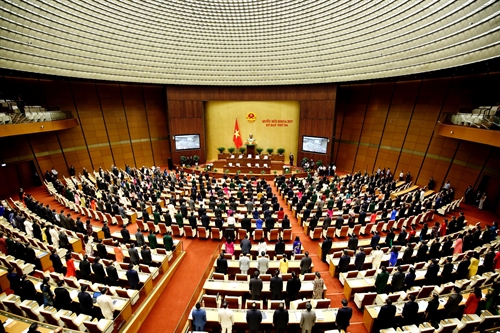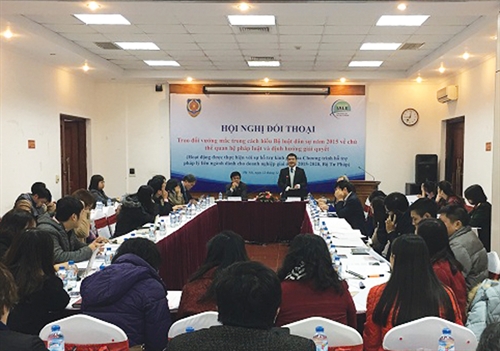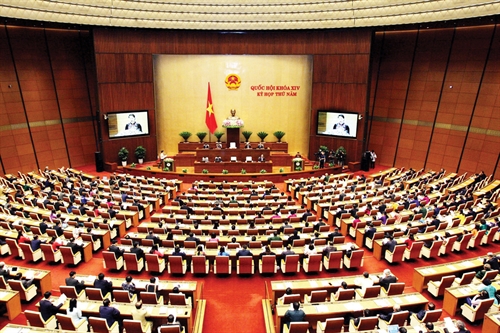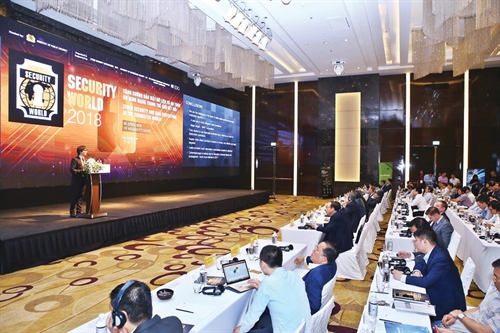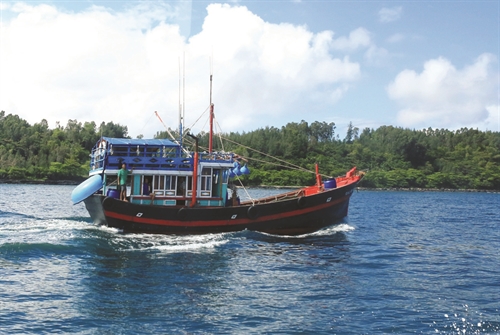Measures to handle the assets of potentially corrupt officials remained the focus of debates about the revised draft Law against Corruption at the 25th session of the National Assembly (NA) Standing Committee which took place in Hanoi from July 11-13.
According to the draft law, officials who failed to provide proper accounts of or wrongly declared their assets and incomes would be required to pay a 45 percent tax.
The proposal faced divergent opinions amongst lawmakers and the public, with many fearing the tax might legitimize the holding of corrupt assets and calling for confiscation instead.
Le Minh Khai, Chief of the Government Inspectorate - the law drafter, said even paying tax on the unexplained assets won’t mean being acquitted from further legal proceedings if the assets are discovered to be of illegal origin.
A report from the NA Committee for Judicial Affairs said collecting personal income tax is an option which is backed the most.
“It meets the demand of the fight against corruption, suits the country’s current situation and proves to be the most feasible option,” said Le Thi Nga, Chairwoman of the Committee.
However, many lawmakers remain unconvinced of the drafter’s reasoning behind the choice of imposing a 45 percent tax on unexplained assets.
Tran Cong Phan, Deputy Procurator General of the Supreme People’s Procuracy, called the proposal “groundless.”
“It must be stressed that tax is only levied on lawful incomes. If the origin of the assets cannot be sufficiently explained, they could either be lawful or unlawful. If we collect tax on these assets, and later they are found to have been illicitly gained, criminal proceedings would surely face a lot of issues,” Phan said.
Therefore, he proposed that for those officials who improperly declared their assets, the first step is to discipline them then transfer the cases to competent authorities for settlement, depending on the severity of the violations.
Deputy Minister of Finance Do Hoang Anh Tuan contended that the option of imposing tax on unexplained or improperly declared assets is “legally sound.”
He said the proposed 45 percent tax rate was calculated based on the current tax rate on irregular incomes and late-payment interests.
NA Chairwoman Nguyen Thi Kim Ngan said the draft law had received special attention throughout two NA sessions.
Most major issues, including identifying which agency would be responsible for monitoring officials’ incomes and assets, and expanding the scope of anti-corruption work beyond the public sector, were relatively settled, she said.
However, the drafter’s explanation of the 45 percent personal income tax levied on unexplained assets was “unpersuasive,” Ngan said.
She suggested that after this session ends, related agencies should continue to study international experiences and collect feedback from the Central Steering Committee on Anti-Corruption and related agencies in order to complete the draft law.
Ngan said she and her deputy Uong Chu Luu will chair working sessions with anti-corruption agencies to deliberate controversial contents for adjustments before reporting to competent authorities.
During this session, the NA Standing Committee postponed a vote on a proposal made by the Ministry of Finance to increase the environmental protection tax, urging serious consideration of its economic impacts.
Presenting the draft Resolution on the Environmental Protection Tariff, Minister of Finance Dinh Tien Dung said the current socio-economic situation made it necessary to adjust environmental protection tax on a number of products to better reflect the level of pollution they caused and to fulfill Vietnam’s commitments to environmental protection.
According to the draft Resolution, the tax for petrol would increase to its ceiling of VND 4,000 per liter from the current VND 3,000 per liter, while that of diesel would be VND 2,000 per liter instead of VND 1,500.
Meanwhile, the tax rate for anthracite fuel would rise to VND 30,000 per ton, and that for plastic bags would go up by VND 10,000 per kilo to reach VND 50,000 per kilo.He claimed that the tax hike would bring in VND 15.2 trillion (USD 657 million) to the state budget, which would be used for socio-economic development purposes, including environmental protection projects.
Regarding public concerns that prices would rise since petrol remained the primary fuel used in the country, Dung said the increase would only stretch the country’s 2018 consumer price index (CPI) by a marginal 0.11-0.15 percent.
However, some members of the NA Standing Committee urged serious consideration of the proposed petrol tax hike, since CPI in the first half of 2018 had increased by 3.29 percent - already close to the NA’s ceiling target of 4 percent for the whole year.
Raising tax on a “sensitive” product such as petrol would affect business activities and public life, lawmakers noted.
Similarly, the 100 percent increase in tax on fuel oil, which is still widely used at production establishments, was also likely to affect businesses, they said.
“The increase in environmental tax would lead to a rise in the prices of commodities,” said Nguyen Van Giau, Chairman of the NA Committee for External Affairs.
Meanwhile, Nguyen Duc Hai, Chairman of the NA Committee on Financial and Budgetary Affairs that reviewed the proposal, suggested the Government deliver a more detailed report on the price hike’s economic impacts and listen to feedback from experts and citizens, especially those most vulnerable to the tax hike.
The NA Chairwoman said that “a marginal inflation rate would be worth it if the tax hike generates considerable funds to be used for environmental protection projects.”
However, if the proposed hike went into effect, the Government must prioritize spending on environmental activities such as climate change adaptation, landslide and flood prevention, and reforestation programs, Ngan said.
Earlier at the session, the NA Standing Committee gave opinions on the draft Law on the Vietnam Coast Guard and the draft Law on Protection of State Secrets.- (VLLF)
